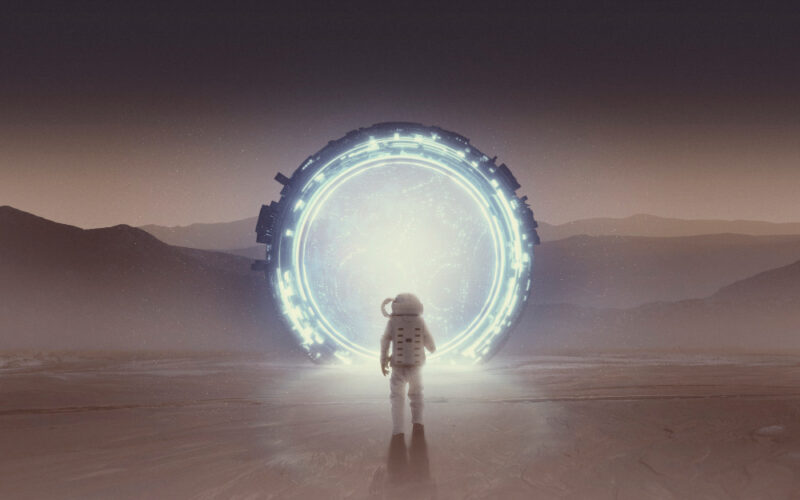Many people are suffering in countries all over the world. People are suffering from poverty, diseases, violence, hurricanes, and wildfires, to name a few, and these things continue to plague humanity. Even our best efforts to date cannot meet all the needs of all the people. Many people are looking for ways to reduce resources, ostensibly so that better resources can be used for humanitarian needs, and one of the first expenditures that comes to mind is “extraneous” spending on unnecessary scientific research. This is a line of thought that has been repeated throughout history because it fails to recognize that our most pressing problems now necessitate long-term investment of resources and that the greatest progress in society comes from hard work, research, and development, which can take years, decades, or even generations to complete. The greatest investment in human progress is in science. However, it’s not always an easy path to see, especially when the difficulties are right in front of you right now. Back in the early 1970s, shortly after the first Apollo moon landing, Mary Jukunda, a nun working in Zambia, Africa, wrote to the American space agency. She wrote about how they could justify spending nearly billions of dollars on the Apollo program when some poor children were starving to death. It doesn’t seem fair to put these two images side by side.
It is estimated that for humans to first reach Australia about 65,000 years ago, they would have had to cross vast stretches of open water. There are a lot of unknowns about exactly how they do this. Archaeologists and historians consider it one of humanity’s first extraordinary achievements. As admirable as they are today, their courage can also be described as foolhardy (Siegel, 2019).
When these early humans set sail, they took incalculable risks. They have to endure the scorching sun, which can cause dehydration. Lacking a reliable source of food, they had to endure intense hunger pangs. They had to take up the challenge of sailing on primitive rafts… All of this is no guarantee that anything will meet them at the end of their journey.
Some ask, “Why waste money exploring space when there are so many unsolved problems on Earth?” (The main answer seems to be embedded in our genetic code.)
To explore is to be human.
The drive to discover the unknown defines us as a species, even when we’re not sure we’ll find what we’re seeking. The space mission is the next step in our exploration and development.
In addition to meeting basic human needs, our space program has brought countless innovations to our daily lives. Necessity, as the saying goes, is the mother of invention. From phone cameras to prosthetics, we need to create innovative solutions for surviving the harshness of space, which brings benefits to society everywhere. Humanity is at its best when it is pushed to its creative limits.
Life on Earth and our civilization are indeed facing many problems. These problems will take many years and social change to solve, if at all. However, we have an obligation to take heart and remember that we are all the same species, living on a shared planet. Our destiny depends on our unity and our determination to explore the unknown. Like those early humans who decided to sail into the unknown, there’s no guarantee we’ll find something on the other side of our space adventure. Some people today, like those early humans, would describe recklessly sending people into space (Treadwell, 2020).
References
Siegel, E. (2019). Why Exploring Space And Investing In Research Is Non-Negotiable. [online] Forbes. Available at: https://www.forbes.com/sites/startswithabang/2017/10/26/even-while-the-world-suffers-investing-in-science-is-non-negotiable/?sh=5d9dd35a1647 [Accessed 7 December. 2022].
Treadwell, S. (2020). Is Space Exploration a Waste of Money? [online] Blue Marble Space Institute of Science. Available at: https://bmsis.org/is-space-exploration-a-waste-of-money/ [Accessed 9 December. 2022].
